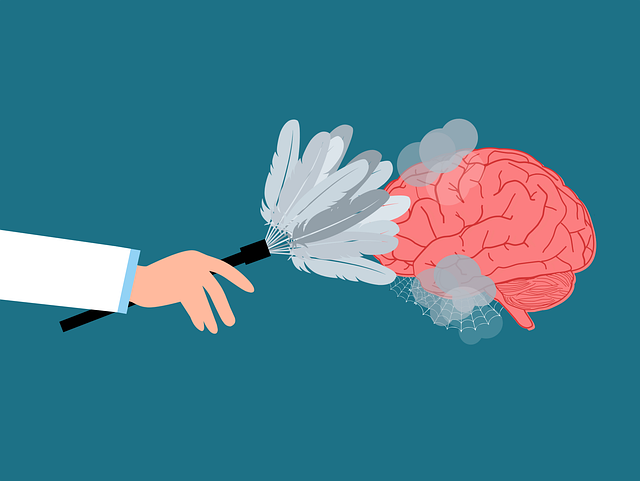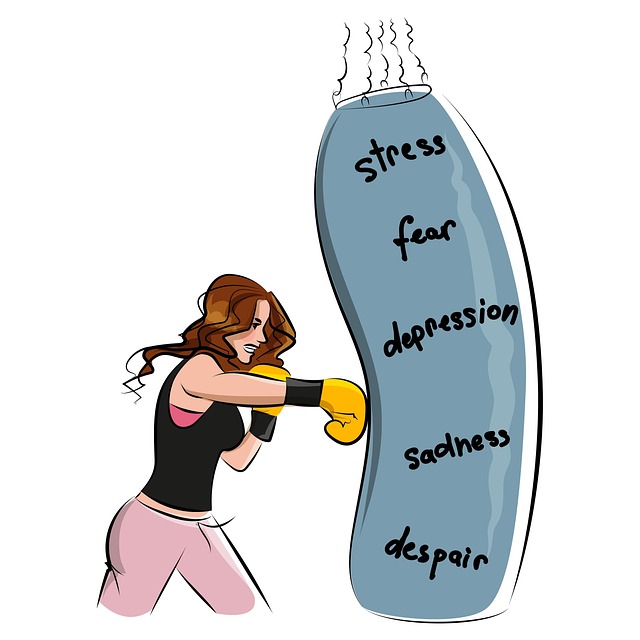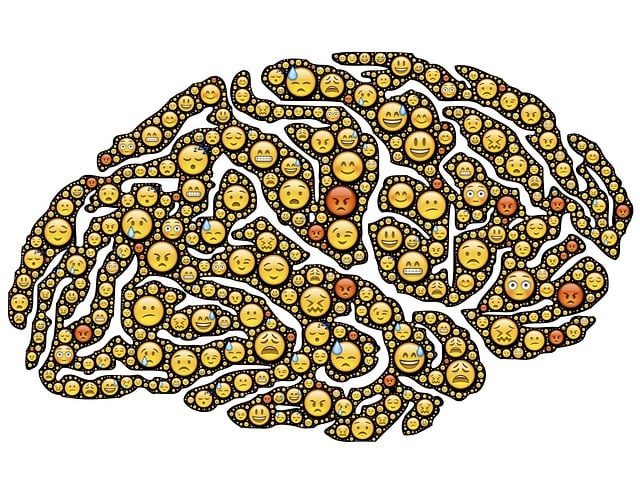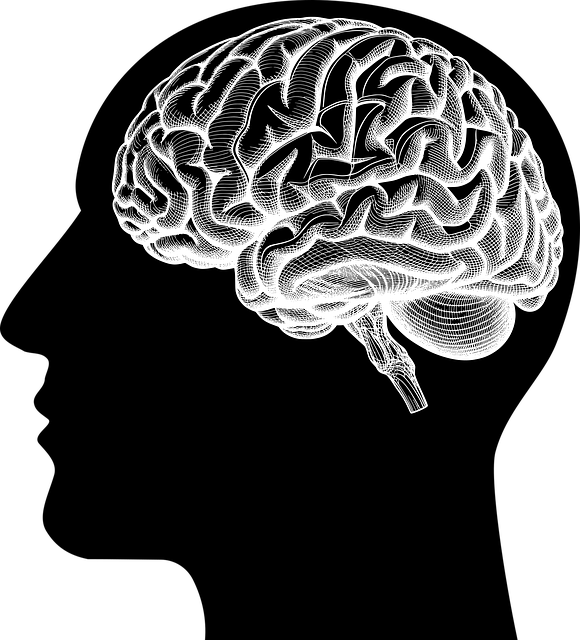Children's mental health is severely impacted by household alcohol abuse, leading to anxiety, depression, and behavioral issues. Early intervention through targeted therapy for children affected by alcohol abuse and community outreach programs focused on awareness and coping skills development is crucial. Mental health professionals must conduct thorough risk assessments and create safe spaces for children to share their experiences and begin healing. Key strategies include therapy, enhancing community support systems, and promoting mental health advocacy to destigmatize issues like anxiety and depression among vulnerable kids.
Mental health advocacy initiatives play a pivotal role in fostering resilient young minds, especially in communities grappling with alcohol abuse. This article delves into the profound impact of substance misuse on children’s mental well-being and explores effective strategies to combat this growing concern. We examine the transformative power of therapy as a crucial tool for supporting vulnerable kids and discuss advocacy efforts that advocate for a supportive environment, ultimately aiming to minimize the devastating effects of alcohol abuse on young lives.
- Uncovering the Impact of Alcohol Abuse on Children's Mental Health
- The Role of Therapy in Supporting Young Minds
- Advocacy Efforts: Creating a Supportive Environment for Vulnerable Kids
Uncovering the Impact of Alcohol Abuse on Children's Mental Health

Children’s mental health is profoundly impacted by alcohol abuse within their households. When a family member struggles with alcoholism, children often bear the brunt of its consequences. They may experience increased anxiety, depression, and behavioral issues due to the unpredictable nature of an alcoholic parent or guardian. Such experiences can lead to long-term mental health challenges if left unaddressed.
Early intervention is crucial in mitigating these effects through therapy for children affected by alcohol abuse. Implementing community outreach programs that focus on raising awareness about the issue and providing coping skills development for both children and families can make a significant difference. Mental health professionals also need to conduct thorough risk assessments to ensure they are equipped to handle complex cases, fostering a supportive environment where children feel safe to share their experiences and begin their healing journey.
The Role of Therapy in Supporting Young Minds

In today’s challenging social landscape, where issues like alcohol abuse among youth are on the rise, therapy plays a pivotal role in supporting and fortifying young minds. Specifically, therapy for children offers a safe space for them to express their thoughts and emotions, helping to unravel complex feelings associated with trauma, stress, or even depression prevention. Through evidence-based practices, therapists skilled in social skills training and coping skills development can guide young individuals towards healthier ways of managing their mental health.
This supportive environment encourages the development of essential life skills, enhances emotional intelligence, and fosters resilience. By addressing underlying issues at a young age, therapy can be a game-changer in preventing more severe mental health disorders later in life. Targeting social skills training, for instance, equips children with the ability to navigate relationships, communicate effectively, and build positive connections – all crucial aspects of healthy development.
Advocacy Efforts: Creating a Supportive Environment for Vulnerable Kids

Mental health advocacy plays a pivotal role in creating a supportive environment for vulnerable kids, many of whom face challenges like anxiety and depression stemming from factors such as alcohol abuse within their families. Advocacy efforts focus on raising public awareness about the importance of early intervention and access to therapy for children. Through public awareness campaigns and community outreach programs, stakeholders aim to destigmatize mental health issues, ensuring that young people feel empowered to seek help without fear of judgment.
Initiatives like these promote the integration of Mind Over Matter principles in educational settings, teaching resilience and coping mechanisms. By fostering an atmosphere where open dialogue about emotional well-being is encouraged, these efforts contribute to the holistic development of children. This, in turn, equips them with the tools necessary to navigate life’s challenges, ultimately leading to improved mental health outcomes and enhanced quality of life for vulnerable youth.
Mental health advocacy plays a pivotal role in creating a supportive environment for vulnerable children, especially those affected by alcohol abuse. By uncovering the profound impact of such issues on young minds, we can better understand the urgent need for effective solutions. The article has highlighted the importance of therapy as a powerful tool to support and strengthen these individuals. Through advocacy efforts, raising awareness, and implementing supportive systems, we can ensure that children struggling with mental health challenges, particularly those stemming from alcohol abuse by caregivers or within their homes, receive the necessary care and guidance for a healthier future.











